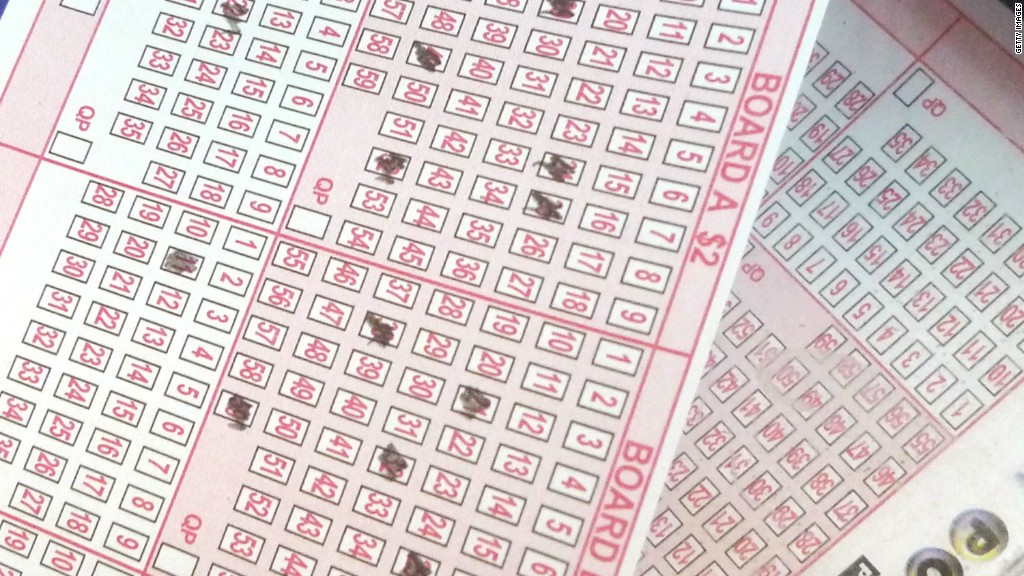
Could you game the system and guarantee yourself a $1.5 billion Powerball jackpot?
Here's the theory: At $2 a ticket and 1 in 292 million odds, you could seemingly buy every Powerball combination for "just" $584 million -- and still walk away with a massive profit.
The lump-sum jackpot payment is estimated to be about $930 million. That alone would give you a handsome $346 million profit if you bought every ticket. And since there are $92 million in lower-tier prizes, you'd win all of those too. And by flooding the system with all those tickets you purchased, the lump-sum value of the jackpot would rise by $200 million -- which you'd theoretically win back.
That's a grand total of $1.2 billion in winnings, $638 million of which would be profit.
The best part: You can deduct the value of your gambling losses up to the amount of your winnings. So all but two bucks of what you spent on tickets would be tax-deductible. Effectively that deduction means you'd wipe out any federal taxes owed on the first $584 million of your winnings.
But don't head over to the ATM to withdraw $584 million. There are two big holes in this theory.
Related: Why you keep playing the lottery
1) You probably would have to share the ticket
There were 440 million tickets sold leading up to the previous drawing. Though there will probably be more tickets sold this time around, let's assume for the moment that Wednesday's drawing attracts the same amount of interest as the last one.
By buying every combination, you'd guarantee yourself a victory, but you'd have just a 22% chance of buying the only winning ticket and keeping that jackpot all to yourself, according to Victor Matheson, professor of economics and accounting at the College of the Holy Cross in Massachusetts.
You'd have a better chance (33%) of sharing with one other person or even two other people (25%). You'd also have a 12% chance of sharing it with three people and a 6% chance of splitting your winnings with four others.
All it would take is one other winner to make your $584 million investment unprofitable.
Don't let the fact that there were no winners during the last drawing fool you. That was unusual, given the amount of interest. With 440 million tickets sold, there was a little more than a 77% chance that at least one person would have won the Powerball last week, Matheson said.
2) You couldn't possibly buy that many lottery tickets
You have to buy Powerball tickets in person. That's a lot of transactions.
If you were able to buy one ticket every second, it would still take you more than nine years to buy every combination. And that's optimistic: You have to ensure that you buy every number just once -- not just 292 million quick-picks.
Even if you could deploy an army of people to buy all those tickets for you, it's still extremely unlikely that you'd be able to buy every ticket.
"Think about how many lottery ticket stations there are nationwide and how busy they've been, running nonstop," said Matheson. "Even still, they were only able to sell 440 million tickets" over the course of three days.
Buying every lottery combination has actually been tried once.
In February 1992, an Australian consortium tried to corner a $24 million Virginia Lotto jackpot. But the group was only able to purchase 2.4 million of the 7 million combinations before time ran out.
So though it's technically feasible to guarantee yourself a lottery victory, realistically, it's not.
